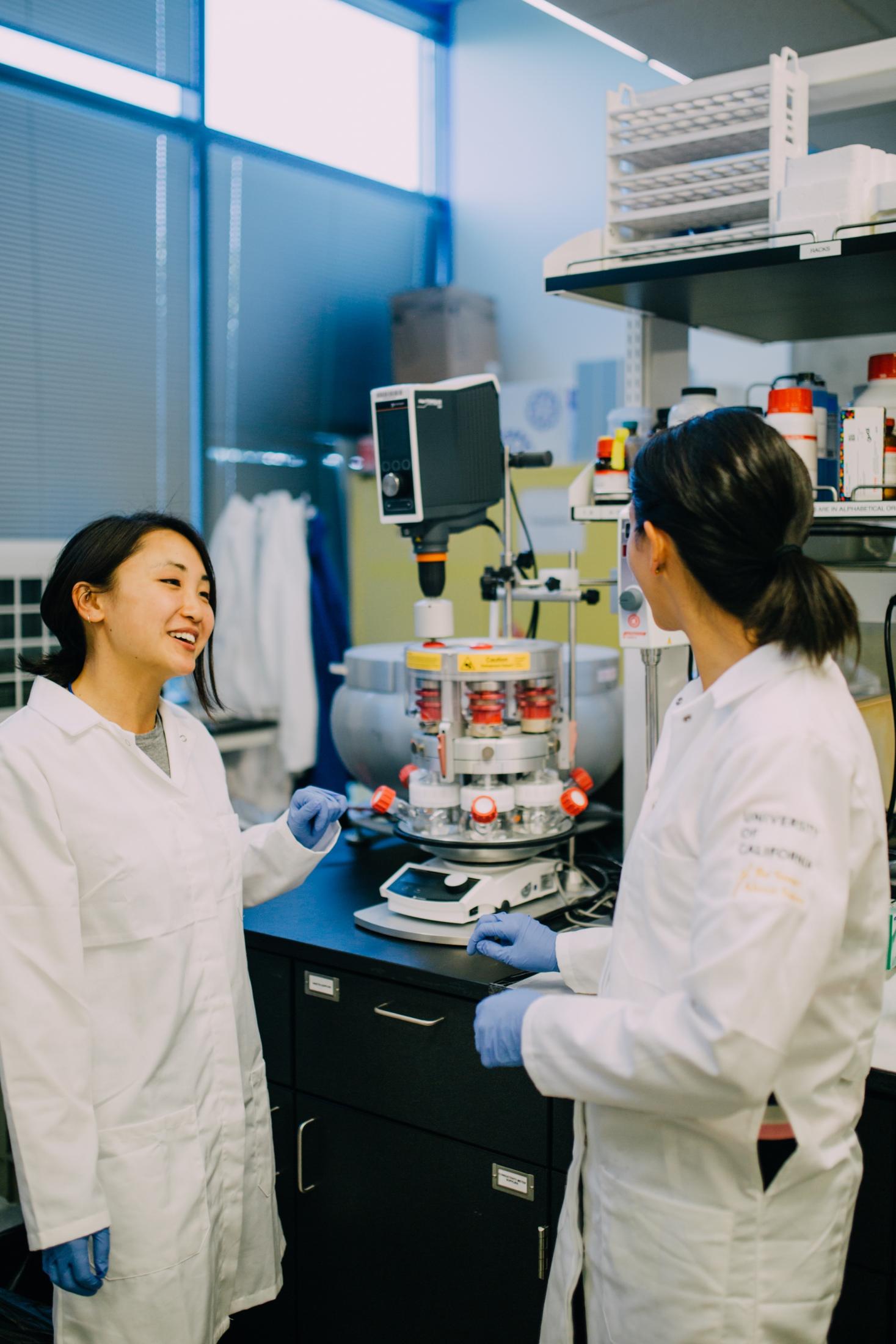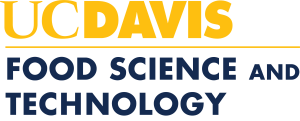 Choosing a research advisor to guide your dissertation research is a very important decision for new graduate students. This choice affects not only the topic which you will study, but also the mentoring you will receive and the colleagues you will work closely with.
Choosing a research advisor to guide your dissertation research is a very important decision for new graduate students. This choice affects not only the topic which you will study, but also the mentoring you will receive and the colleagues you will work closely with.
The Food Science Graduate Group strongly encourages students to enter our program uncommitted to any particular lab, and to make the choice of major professor only after spending some time in residence. The Graduate Group recommends this course because it is clearly in the student's best interest. The choice of a major professor is one of the most important steps one takes in a career, and is a highly individual one. This reflects the fact that the value of one's PhD training lies in the development of a certain way of thinking about and approaching research problems, and to some extent the exact topic is less important than the quality of the interaction between the student and the major professor (as long as the project is interesting, of course!) The way one professor tackles research may be suited perfectly to one student but might be a very poor fit for another, even if both students are equally interested in the broad topics addressed by the laboratory. We therefore encourage incoming students to spend a few weeks in a series of laboratories in order to get a feel for the training environment that each provides. This process often ensures a good match that is to the benefit of the student and major professor alike.
Thus upon entering Davis, most Ph.D. students are given some time to informally "rotate" through laboratories, in order see the breadth and depth that our program has to offer. In this process, the following considerations may provide some important guidance in making your choice.
Research topic
It is of course important that the topic you choose is of conceptual interest. It is equally important that you are stimulated by the nature of the activities you pursue to work in the area. Talk to students in the lab, see what they do. Read some papers on possible topics and talk to faculty and students about questions you have on them.
Stay open-minded. Students have differing exposure to a research environment before entering Davis, and undergraduate coursework will not always prepare you for what it is like to work in an area. Regardless of your background, you will be unfamiliar with many of the research possibilities here. Consider some new horizons—it may take you to your best choice!
Advisor
With so many different faculty in the graduate group, there are many different styles of mentoring. The choice of a dissertation advisor can be as important to your graduate experience as what topic you work on. Do you like a hands-on advisor, or one who allows you more freedom? Are you comfortable asking questions, asking for advice, or raising concerns? Do you respect this person's intellect and character? Can he or she teach you things you are interested in learning?
Talk to students and post-docs in the lab group to learn more about working with your potential advisor.
For their studies, most Ph.D. students are provided with financial support, which will typically be a mix of research and teaching assistantships. Discuss what mix will be available to you as a potential student, in order best to match your own needs.
Lab environment
Would you enjoy working in the lab group you are considering? Are you interested in a large research group, where you interact with many others but may have to compete for your advisor's attention? Or do you prefer a smaller group? Remember that during your time at Davis the group components can change considerably.
